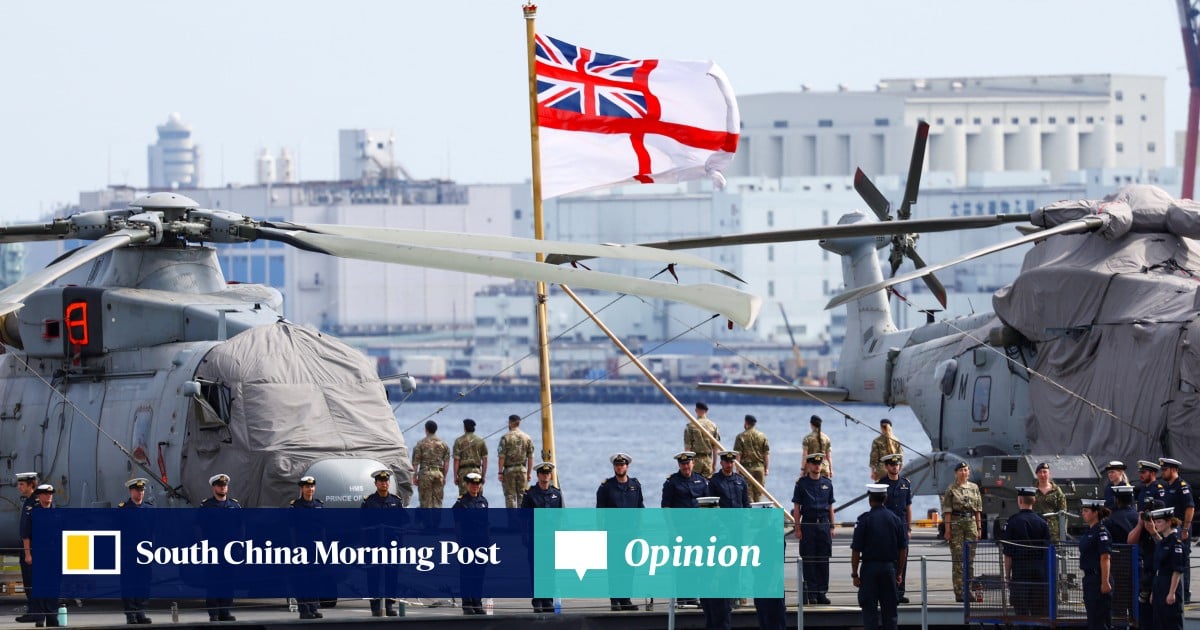A recent government reshuffle has reopened questions about the depth of Britain’s commitment to Asia. The role of minister for the Indo-Pacific is now a part-time job, held by an undersecretary of state who also serves as minister for equalities.While the change was being announced in September, British naval ships were steaming through the Sea of Japan for joint exercises with Japan and South Korea in a demonstration of the United Kingdom’s ability to project power and influence into Asia.
But this deployment stemmed from decisions made some time ago. It’s not clear whether another such deployment will be authorised again.
What, then, is the outlook for Britain’s role in Asia? Will economic and security concerns in Europe prompt a turn outwards in search of prosperity and stability, or the reverse?
There are a great many reasons why the British government should pay more attention to the Asia-Pacific, but that doesn’t mean that it will.
The current Labour government has made reviving economic growth its overarching priority, but it faces immense challenges. The British economy has struggled with low growth since the global financial crisis of 2007-08.
